The bill on decriminalization of beatings in the family has already managed to make a lot of noise. This article will provide answers to all the most exciting questions regarding the scandalous ruling.
What is battered?
The law clearly separates the concepts of “beatings” and “minor harm to health”. The Criminal Code of the Russian Federation classified them as acts with varying degrees of rudeness. If inflicting minor harm to human health is a relatively "light" offense, then beating is a much more dangerous and terrible phenomenon. Random and deliberate bites, tweaks, weak types of strangulation, hair pulling, single blows - all this is recorded by the relevant codes as minor types of harm to health. Repeated strikes causing disability for more than six days are called beatings. This distinction was once established by Russian law.
Decriminalization of the Family Beating Act 2017
Light damage to health belongs to the category of "hooliganism", and therefore the punishment for it was established by the Code of Administrative Offenses. The beatings, for a long time, came under the category of criminal cases. The bill adopted in 2017 by the State Duma decriminalized beatings in the family, that is, removed the presented type of offense from the criminal code. So, the once-threatening family man, two years of strict regime, is now replaced by not the largest fines and administrative arrests. As of 2017, decriminalization of beatings in the family entails the following types of punishments:
As of 2017, decriminalization of beatings in the family entails the following types of punishments:
- a fine of 5 to 30 thousand rubles;
- administrative arrest up to 15 days;
- compulsory work lasting from 60 to 120 hours.
Clarified the law and categories of close relatives. Now it is:
- mother, father, children and grandchildren, grandfathers and grandmothers;
- spouses
- stepfathers and stepmothers;
- stepsons and stepdaughters.
Close relatives cannot include father-in-law and mother-in-law, mother-in-law and mother-in-law, brother-in-law, sister-in-law and sister-in-law.
The decriminalization of beatings in the family circle is the inability to call related criminals, rapists and tyrants criminals. Now they, according to the same administrative code, are just hooligans.
Reasons for adopting the law
Both supporters and fierce opponents of the law in question are probably eager to find out the reasons for its adoption. It is worth noting that the authorities thought about decriminalizing family beatings long before 2017. So, even in the summer of 2015, a heated debate broke out in the lower house of parliament about the possibility of eliminating domestic violence from a number of criminal offenses. Most experienced lawyers, of course, opposed the initiative, and therefore the consideration of the case was postponed for a certain period. However, already then a long and incomprehensible work was carried out by many specialists to remove beatings of any type from a number of crimes. So, any citizen who suffered from unlawful actions of street hooligans, from now on had to understand that nothing would be worse for the guilty persons than administrative liability.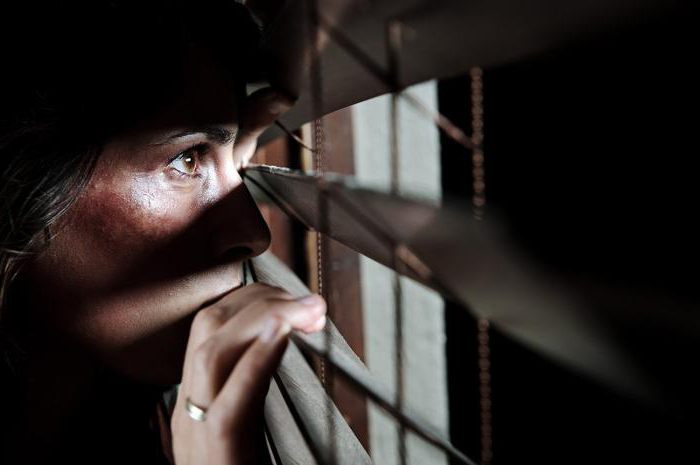
The notorious deputy Elena Mizulina drew attention to the current situation. Did she pay attention to the lack of humanity in decriminalizing street beatings? Not at all. Mizulina, on the contrary, decided on the need to urgently remove the “family” from the category of crimes and beatings. The remaining deputies supported the initiative of the official.
Why did they stop punishing for beating?
Thus, the law on decriminalization of family beatings came into force because of a legal contradiction.The deputies drew attention to the situation in which a man who beat a neighbor could get off with a fine, and the man himself, who caused the same damage to his health, but, for example, to his father, automatically became a felon.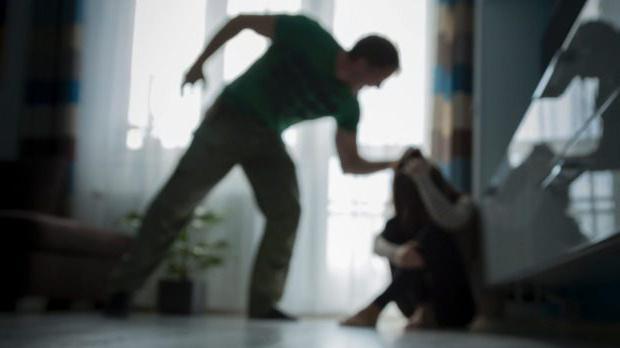
Are there any additional reasons for the adoption of the scandalous law? It’s worth digging a little deeper. As already mentioned, deputies of the lower house of the Federal Assembly several years ago began to work to decriminalize beatings of any type. What is this for? Experts give different estimates here. Some say that this is due to the heavy burden on criminal proceedings - they say that beatings in Russia happen so often that investigators simply do not have time to cope with the work. Others were inclined to absolutely insane points of view - for example, that beatings cannot be a crime because of their "national tradition." But what does the initiator of the project say about his own idea?
Opinion of the author of the law
The adopted law on decriminalization of beatings in the family restores justice and the deepest moral ideals that should reign in any Russian family. That is what the initiator of the bill, Elena Borisovna Mizulina, claims. In his remarks, the deputy is inclined to believe that the continued presence of domestic violence in the Criminal Code would create widespread juvenile norms in the state, which Elena Borisovna herself does not accept and calls "anti-social." Mizulina is inclined to the well-known point of view according to which juvenile justice prevailing in many European countries would have spread in the Russian Federation, as a result of which many children would simply be removed from their families for abrasions, bruises and cuts. About tens of thousands of women subjected to violence by husbands, the official considered it necessary to remain silent.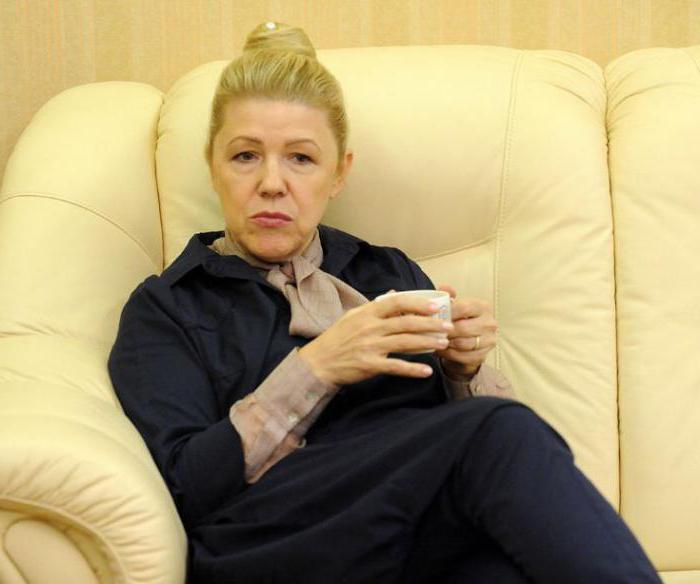
Ms. Mizulina, thus, once again shows her dislike of all juvenile law. The deputy also tends to an unconventional point of view on juvenile justice, which many experts have long dubbed the myth.
The battered situation in Russia
Finally, it’s worth turning to statistics. According to the Ministry of Internal Affairs, in 2013 alone, more than 38 thousand Russians suffered from domestic violence. Three quarters of this amount are women. Human rights activists speak of completely different figures, significantly exceeding the data of the Ministry of Internal Affairs.
What does this data say? Is the situation in the country considered normal? Not at all. To put it bluntly, things in the designated area are very bad. It is only necessary to compare the presented data with the statistics of European countries: the difference will be enormous.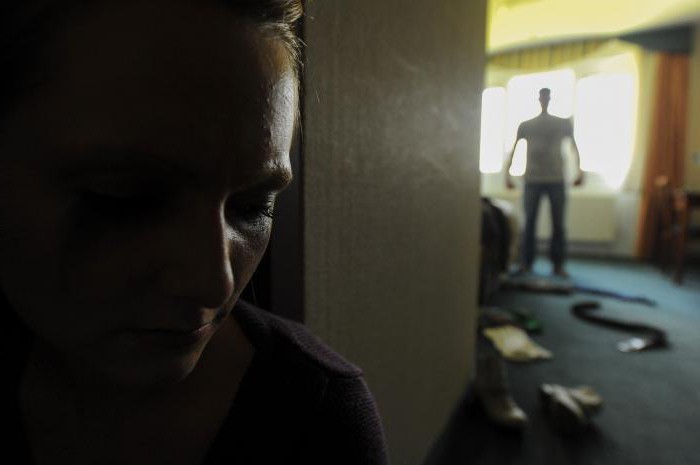
What factors influence such horrific statistics? This is, firstly, the lack of optimal crime prevention. In the same European countries, conversations with representatives of dysfunctional families have long been conducted. You should not go far — you can recall the very USSR, in which public control over the well-being of each family was very significant.
Secondly, the propaganda influence of the national media and the Russian Orthodox Church is taking shape. In the first case, a negative picture of juvenile law is created, in the second case, physical punishment of children and wives is repeatedly encouraged. Many experts are inclined to believe that this kind of informational impact is unlikely to affect most of the Russian population.
Would it be worse?
Most likely, the answer is already obvious. The adoption of bills similar to the one under discussion is unlikely to improve the situation on the territory of the Russian Federation. Services working in the field of assistance to victims of domestic violence are certain of one thing: decriminalization of family beatings (Article 6.1.1. CAO) is a terribly wrong decision. Building effective prevention of domestic violence was previously a very difficult process, let alone today.Nor is a draft law being developed under which such prevention would be at a high level.
Adoption of law
It would seem that there are terrifying statistics that could alienate any participant in the legislative process advocating for a decision to decriminalize beatings in the family. 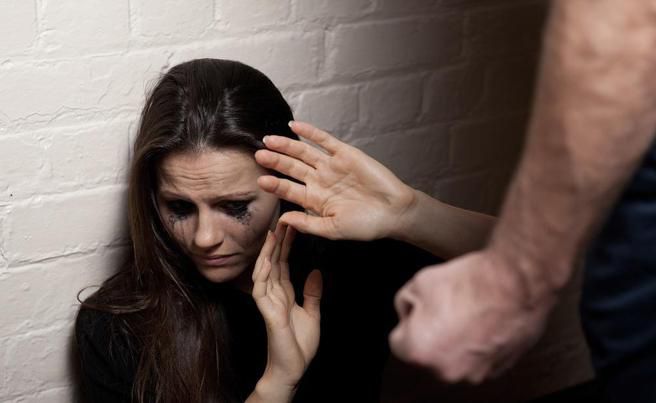 The majority opinion nevertheless converges on one thing: the presence of domestic violence in the Criminal Code seems impossible, and this urgently needs to be fixed. Voting during the third reading of the bill showed that 380 workers in the lower house had a positive attitude to the initiative of Elena Mizulina, and only two negatively. The law was promulgated by the courts and signed by the President. The VTsIOM survey showed all the pros and cons of decriminalizing beatings in the family. So, 59% of Russians reacted positively to the initiative, but many still consider any type of domestic violence unacceptable. So what's the deal?
The majority opinion nevertheless converges on one thing: the presence of domestic violence in the Criminal Code seems impossible, and this urgently needs to be fixed. Voting during the third reading of the bill showed that 380 workers in the lower house had a positive attitude to the initiative of Elena Mizulina, and only two negatively. The law was promulgated by the courts and signed by the President. The VTsIOM survey showed all the pros and cons of decriminalizing beatings in the family. So, 59% of Russians reacted positively to the initiative, but many still consider any type of domestic violence unacceptable. So what's the deal?
Possible alternatives
Cases in which parents would be imprisoned for spanking are not yet common in Russia. Unfortunately, most citizens are still confident that the Scandinavian juvenile system, in which parents are allegedly deprived of their rights for any wrongdoing, will work in Russia. The people are afraid of abuses by the penal system, and therefore support the initiative Mizulina. Even if we assume that these fears are not in vain, the law adopted in 2017 will still not correspond to current realities. The decriminalization project is simply dangerous today.
Many experts have repeatedly put forward their alternatives. One of the most famous was the Federal Law "On the Prevention of Domestic Violence" rejected by deputies. Its brief essence is the active intervention of public services in dysfunctional families.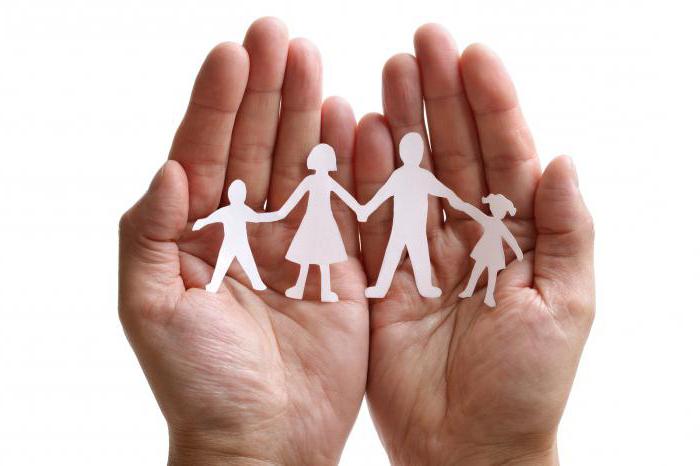 The main place here would be occupied by preventive conversations and psychological assistance. The project was rejected, because in Russia there is still an opinion that the family is a closed and not subject to anyone, and all domestic problems should be solved exclusively by its members.
The main place here would be occupied by preventive conversations and psychological assistance. The project was rejected, because in Russia there is still an opinion that the family is a closed and not subject to anyone, and all domestic problems should be solved exclusively by its members.
Will circumstances change? Surely not for sure. The only possible way out of this situation is the development in each individual personality of humanistic and moral features.